Kis Desh Mein Hai Meraa Dil Drama Review: Kis Desh Mein Hai Meraa Dil (English: In Which Country Is My Heart?) is an Indian Hindi-language soap opera that aired on Star Plus from 3 March 2008 to 5 February 2010. The series was produced by Ekta Kapoor’s Balaji Telefilms and starred Additi Gupta, Harshad Chopda, Sushant Singh Rajput, and Meher Vij.
The series tells the story of Prem Juneja and Heer Maan, two young people from different backgrounds who fall in love. However, their love is forbidden, as their families are enemies. Prem and Heer must fight against all odds to be together.
The series was a critical and commercial success, and was praised for its unique storyline, strong performances, and visual effects. It won several awards, including the Indian Telly Award for Best Drama Series and the ITA Award for Best Popular Drama Series.
Plot
The series begins with Prem Juneja (Harshad Chopda) and Heer Maan (Additi Gupta), two young people from different backgrounds who meet by chance. Prem is a wealthy businessman, while Heer is a middle-class girl. Despite their differences, they are drawn to each other and soon fall in love.
However, their love is forbidden, as their families are enemies. Prem’s father, Harjeet Juneja (Akashdeep Saigal), is a ruthless businessman who is determined to destroy Heer’s family. Heer’s father, Kulwant Maan (Rajesh Kumar), is a kind and gentle man who wants nothing but the best for his daughter.
Prem and Heer must fight against all odds to be together. They face many challenges, including the disapproval of their families, the threat of Harjeet Juneja, and the danger of their own love.
Characters
- Prem Juneja (Harshad Chopda): A wealthy businessman who falls in love with Heer Maan.
- Heer Maan (Additi Gupta): A middle-class girl who falls in love with Prem Juneja.
- Harjeet Juneja (Akashdeep Saigal): Prem’s father, a ruthless businessman who is determined to destroy Heer’s family.
- Kulwant Maan (Rajesh Kumar): Heer’s father, a kind and gentle man who wants nothing but the best for his daughter.
- Preet Juneja (Sushant Singh Rajput): Prem’s younger brother, who is also in love with Heer.
- Meera Juneja (Meher Vij): Prem’s mother, who is supportive of her son’s love for Heer.
Themes
The series explores a number of themes, including love, loss, redemption, and the power of family. It also challenges traditional notions of good and evil, and explores the complex relationship between love and duty.
Critical reception
Kis Desh Mein Hai Meraa Dil was a critical and commercial success. It was praised for its unique storyline, strong performances, and visual effects. The series won several awards, including the Indian Telly Award for Best Drama Series and the ITA Award for Best Popular Drama Series.
Legacy
Kis Desh Mein Hai Meraa Dil is considered to be one of the most popular and successful Indian soap operas of all time. It has been praised for its unique storyline, strong performances, and visual effects. The series has also been credited with popularizing the love story between a rich boy and a poor girl in Indian television.
Beyond the Surface: A Deeper Look at Kis Desh Mein Hai Meraa Dil
While the previous section provides a summary of Kis Desh Mein Hai Meraa Dil, let’s delve deeper into its complexities to gain a richer understanding.
Strengths:
- Engrossing Forbidden Love Story: The central conflict, a Romeo and Juliet-esque tale of love transcending societal boundaries, captivated audiences. The emotional journey of Prem and Heer, navigating family opposition and societal pressures, resonated deeply with viewers.
- Compelling Characters: The show featured well-developed characters beyond the lead protagonists. Prem’s conflicted loyalty between love and family, Heer’s unwavering resolve, and the contrasting personalities of the siblings added depth and complexity to the narrative.
- Social Commentary: The series subtly addressed social issues like class disparity, family pressures, and arranged marriage. While remaining within the framework of a soap opera, it sparked conversations about these prevalent societal realities.
- Strong Performances: The cast delivered captivating performances, particularly the lead pair, Additi Gupta and Harshad Chopda, who brought a natural chemistry and emotional depth to their portrayal of Prem and Heer.
Weaknesses:
- Melodramatic Tropes: As with many Indian soap operas, the show relied on melodramatic tropes and plot twists throughout its lengthy run. This could feel excessive to some viewers, potentially hindering the overall pace and credibility of the narrative.
- Shifting Focus: The initial focus on the central love story gradually shifted towards other storylines involving supporting characters, sometimes diluting the core narrative impact.
- Predictable Plotlines: Some viewers may find the overall plot predictable, with recurring conflicts and resolutions following a familiar formula.
Overall Impact:
Kis Desh Mein Hai Meraa Dil left a significant mark on Indian television. It offered a visually appealing and emotionally engaging story that resonated with a large audience. The show’s popularity helped launch the careers of actors like Sushant Singh Rajput and established itself as a cultural touchstone for many viewers.
Additional Considerations:
- Cultural Context: Understanding the cultural context of Indian soap operas is crucial for appreciating the show’s tropes and narrative choices. While melodramatic elements might not resonate globally, they play a significant role in viewer engagement within this specific genre.
- Legacy and Fandom: Despite potential criticisms, the show continues to hold a special place in the hearts of its dedicated fanbase. Online communities and discussions are testaments to its lasting impact and legacy.
Conclusion:
Kis Desh Mein Hai Meraa Dil, while not without its flaws, remains a noteworthy entry in the Indian soap opera landscape. Its engaging story, well-developed characters, and social commentary resonated with viewers and paved the way for further exploration of diverse themes within the genre.

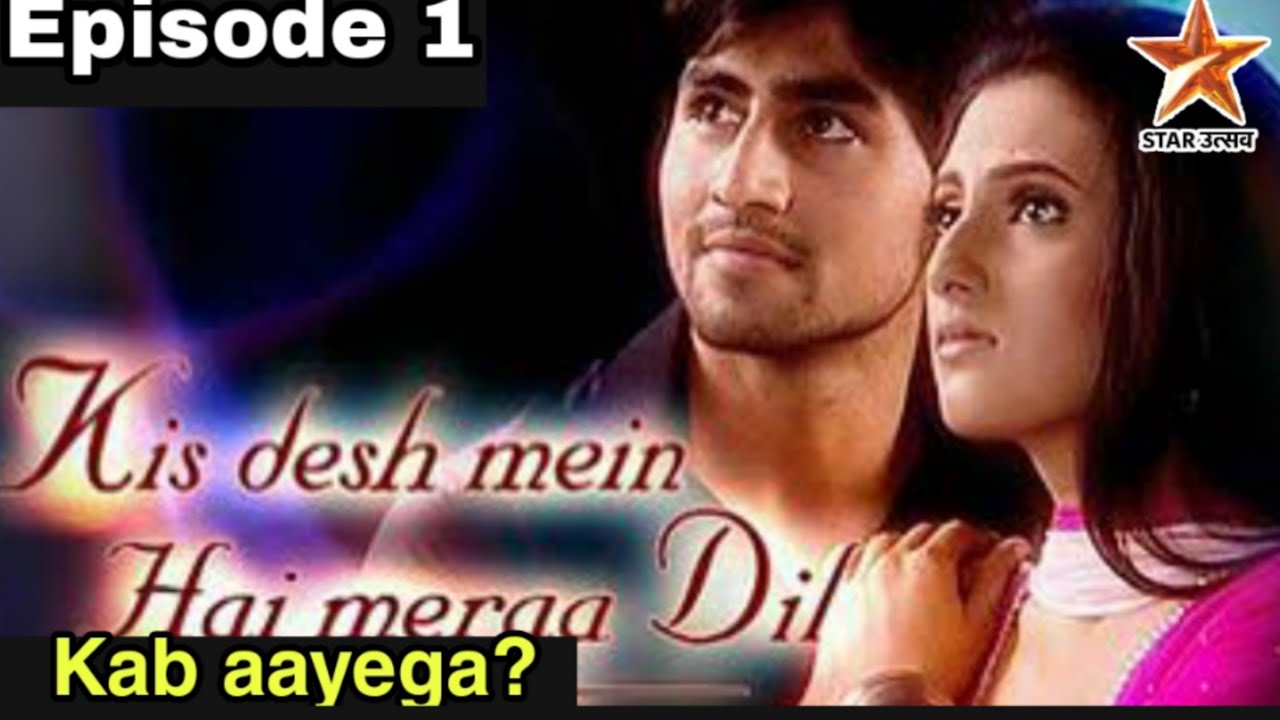

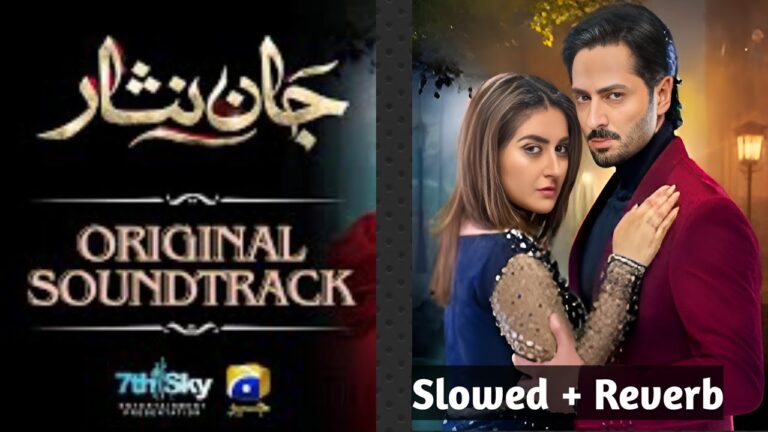
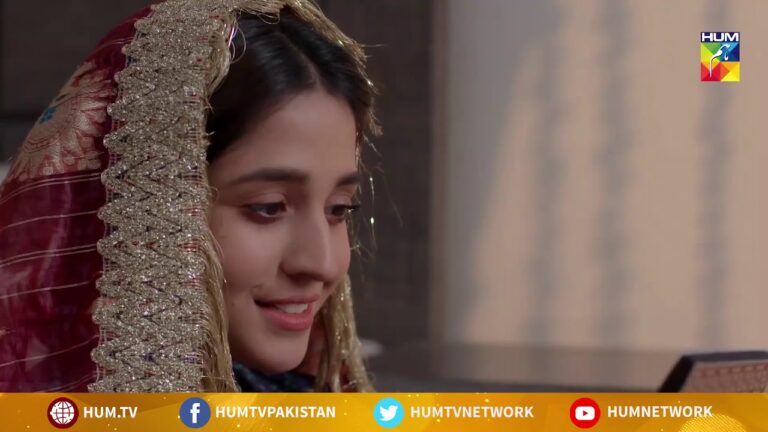

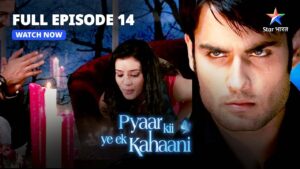
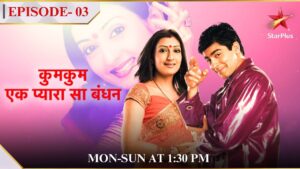


+ There are no comments
Add yours